Downloads
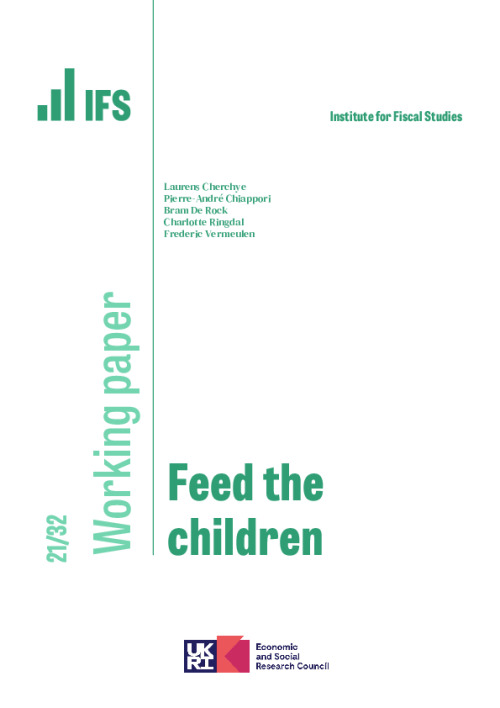
WP202132-Feed-the-children.pdf
PDF | 467.29 KB
To understand the household decision-making process regarding food expenditures for children in poor households in Nairobi, we conduct an experiment with 424 married couples. In the experiment, the spouses (individually and jointly) allocated money between themselves and nutritious meals for one of their children. First, we find strong empirical support for individual rationality and cooperative behavior. Second, our results suggest that women do not have stronger preferences for children’s meals than men. Third, the spouses’ respective bargaining positions derived from consumption patterns strongly correlate with more traditional indicators. Finally, we document significant heterogeneity both between individuals and intra-household decision processes.
Authors

Columbia University

Research Associate Katholieke Universiteit Leuven
Laurens is a Research Associate of the IFS and a Professor in the Department of Economics, KU Leuven.

Research Associate Université libre de Bruxelles
Bram is a Research Associate of the IFS, a Professor of Economics at ULB and a Professor of Mathematics and Statistics at KU Leuven.

Research Associate University of Leuven
Frederic is a Research Associate of the IFS, a Professor of Economics at the University of Leuven and a Research Fellow at the CEPR.

Charlotte Ringdal
Working Paper details
- DOI
- 10.1920/wp.ifs.2021.3221
- Publisher
- Institute for Fiscal Studies
Suggested citation
Cherchye, L et al. (2021). Feed the children. London: Institute for Fiscal Studies. Available at: https://ifs.org.uk/publications/feed-children (accessed: 8 May 2024).
More from IFS
Understand this issue

Gender norms, violence and adolescent girls’ trajectories: Evidence from India
24 October 2022

What is the case for carbon taxes in developing countries?
Carbon pricing can be a powerful tool for reducing greenhouse gas emissions. What are the risks and opportunities from such policies in developing countries?
4 November 2021

Who's looking after the kids?
27 May 2020
Policy analysis
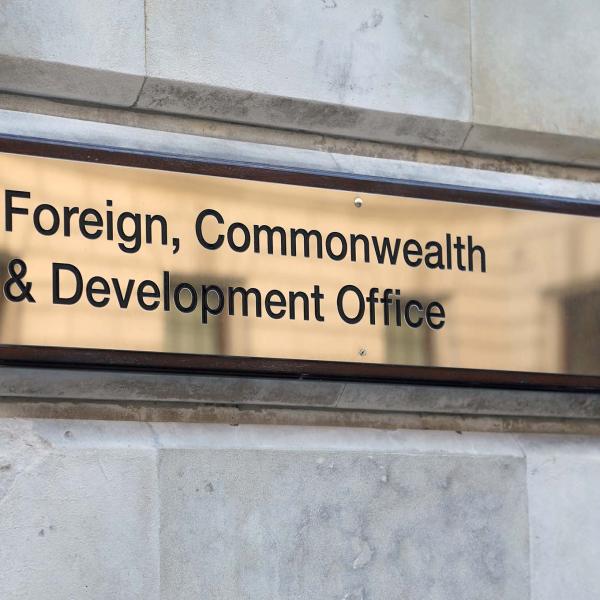
Three ways to improve the design of the UK’s overseas aid spending target
18 January 2024

Distributional analysis of Ghana’s tax system
18 December 2023
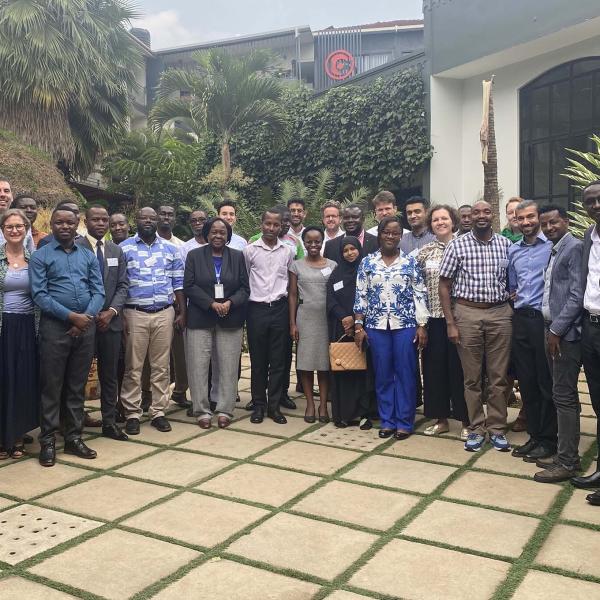
FCDO renews TaxDev funding for the next seven years
19 September 2023
Academic research
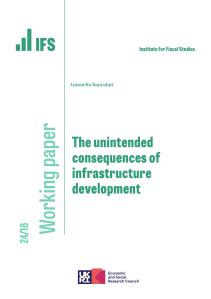
The unintended consequences of infrastructure development
8 May 2024
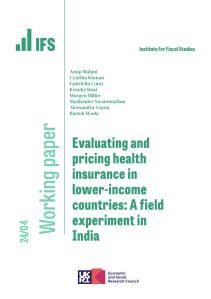
Evaluating pricing health insurance in lower-income countries: A field experiment in India
14 March 2024
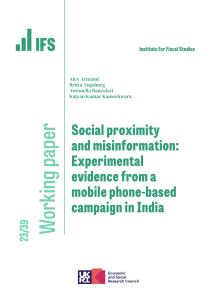
Social proximity and misinformation: Experimental evidence from a mobile phone-based campaign in India
7 December 2023